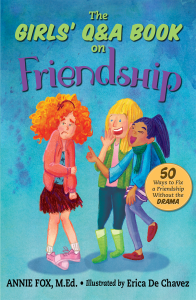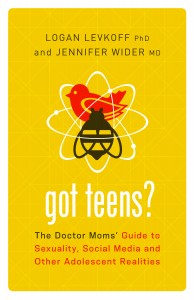When kids “act out” you’d better believe strong emotions are the drivers. Parents and teachers usually pay attention to the behavior without taking time and patience to dig deeper and discover the trigger that unleashed the storm. What’s causing such distress in this child that s/he is acting this way? Discovering the answer is key to understanding children and ultimately helping them a) understand themselves better b) effectively manage their destructive emotions c) express themselves in socially responsible ways so that d) they can get their needs met without causing harm to themselves or others.
This truth was illustrated beautifully in a story Dr. Karyn Purvis told me during our interview for my podcast, Family Confidential back in 2010. Dr. Purvis is a Developmental Psychologist and Director of the Institute of Child Development at Texas Christian University (TCU) in Fort Worth. For the past decade, she and her colleagues have been developing research-based interventions for at-risk children. Dr. Purvis is also the co-author of The Connected Child: Bring Hope and Healing to Your Adoptive Family, a book that has helped countless adoptive and foster parents better connect with their children who have come from “hard” places.
In our recorded conversation Dr. Purvis tells me about a little girl playing in the kitchen while her mom makes dinner. The girl asks for a candy bar. Mom says, “No, sweetheart. Dinner will be ready in ten minutes.” The girl has a full-fledged meltdown, screaming, crying inconsolably. She throws things and physically and verbally abuses her mother. Mom has no idea what’s going on and feels powerless to help her daughter.
In desperation, Mom turns to Dr. Purvis and comes away with a better understanding of what was going on and how to meet her little girl’s needs without giving her candy every time she asks. Turns out this child was adopted from an orphanage where she often did not get enough to eat. When her mom said “no” to the candy, the girl panicked and remembered feeling powerless as she cried out in hungry, only to be ignored. Dr. Purvis’ compassionate response helped the mom and the child immeasurably. What was the solution?
You need to hear my never-before-published interview with Karyn Purvis, an educator for whom I have the highest respect and admiration. Listen in.

















